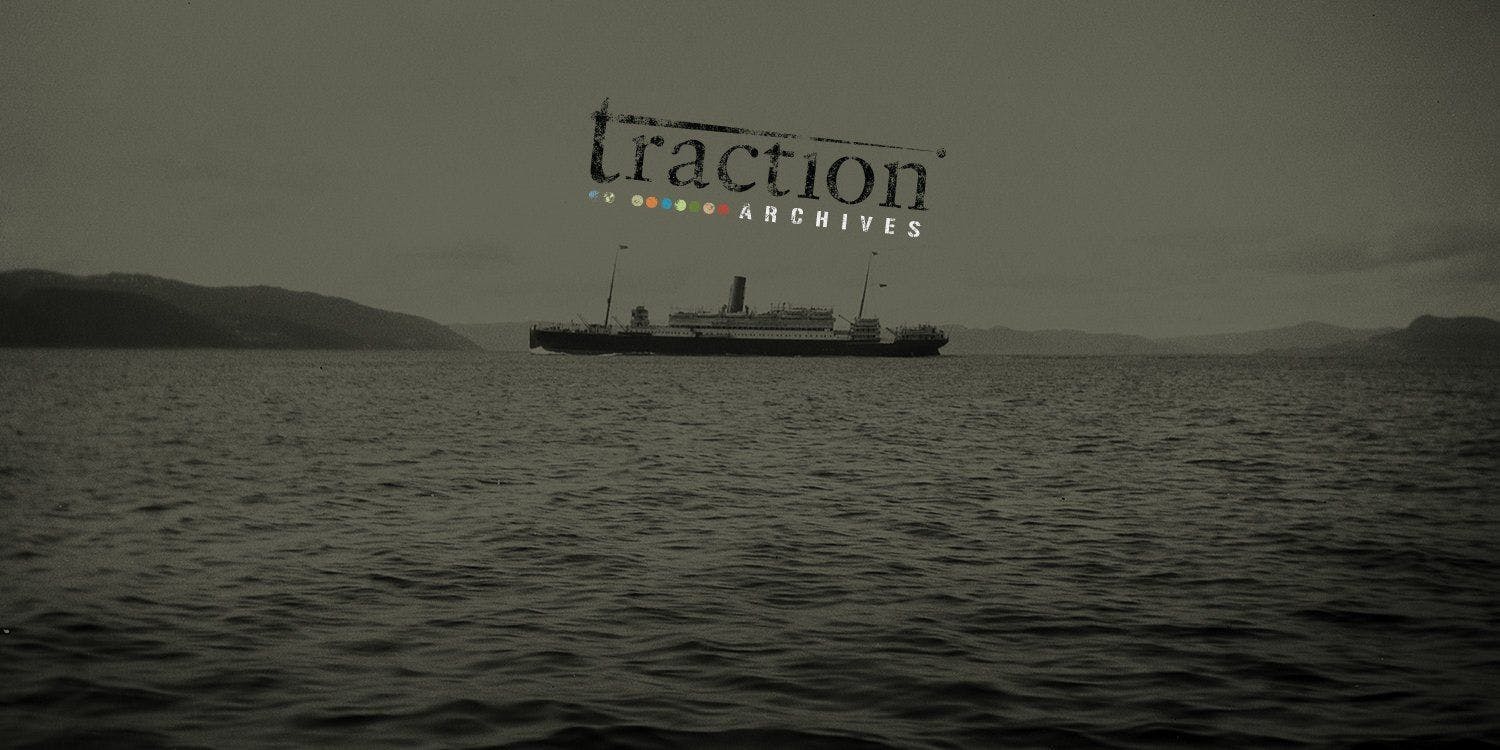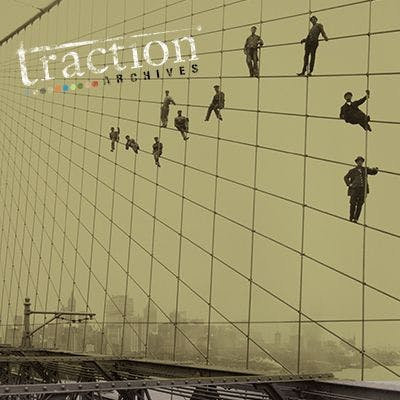Zen and the Art of Opportunistic Marketing

By Adam Kleinberg
This week's Ad Age predicts that creative agencies are going to have to learn to move faster. What will be the implications if that's true? How will we adapt? Ad spending will continue to grow in 2012, but more slowly, as some marketers adopt a cautious attitude about launching campaigns in a fragile economy...
This week's Ad Age predicts that creative agencies are going to have to learn to move faster. What will be the implications if that's true? How will we adapt?
Ad spending will continue to grow in 2012, but more slowly, as some marketers adopt a cautious attitude about launching campaigns in a fragile economy...
That means shorter timelines for creative agencies to develop initiatives -- what used to be given months to complete may now be expected in days -- and the need to be ready to connect marketing activities with cultural memes or events that generate consumer interest .
That last bit is really the crux of the matter. Traction has been at this for over a decade now and I could count on one hand the number of times that a client hasn't had some reason for urgency that demanded we move fast.
But there's a fundamental change that is steadily impacting marketing as media consumption becomes more distributed—a shift from a talking-at-customers campaign approach to a providing-value-for-customers content approach.
Here's another quote from my friend Ekaterina Walter , a social media strategist (and diva) for Intel .
Brands should move to agile marketing and real-time thinking. Gone are the days when it took 6 months to develop and launch a campaign or 5 days to answer a disgruntled customer.
Brands need to master the art of opportunistic marketing and the art of real-time response. To break through the online noise, they need to stand out with their creative thinking around capitalizing on current buzz and trends .
For that, brands need the right infrastructure and agile processes that will allow them to intuitively and immediately pick up on the marketing opportunities. They need agencies that can adapt, react and support them in real time as well.
I don't completely agree with Ekaterina that "gone are the days" where a campaign takes six months to develop. Six months may be excessive, but brands need foundations based on insights into brand truths and customer perspectives and an understandings of the competitive landscape. Those things take time. And developing quality brand creative takes time too.
That said, she is absolutely right about everything she says.
If we really are moving to the "providing-value-for-customers content approach" I described above, then marketers must understand that content needs to be discovered.
How is it discovered?
Through search —which means that we need to be opportunistic about what people are searching on—that minute of that hour of that day.
Through sharing —which means that we need to be opportunistic about what people are interesting in passing along to their friends—that minute of that hour of that day.
Through context —which means that we need to be opportunistic about where we place our marketing so it enhances and adds value to the content people are reading—that minute of that hour of that day.
How can we be optimistic? Here's an example of that in action:
I occasionally blog for Technorati. Technorati has a Yahoo Group set up that sends out trending topics to all of their bloggers each day so that we can be opportunistic. We can write blog posts about what people are searching on that day.
Ekaterina is right. Brands do need agencies that can adapt and be flexible. Brands need to meet agencies halfway too. Here's a few ways how:
1. One of the main reasons it takes agencies time to develop creative is that there are review cycles that need to be planned and client feedback that needs to be incorporated and reviewed again and so on. Brands will need to find agencies they trust and give up some control to reduce this cycle to make these efficiencies.
2. Many brands seem to be allergic to retainers these days. Justifiably so, perhaps, in some circumstance. I recently spoke to the VP of Digital for one company who felt he had a bloated retainer and people at his agency were struggling to come up with stuff to do to fill the time he was paying them. Clearly, that's not going to fly any more, but resource management is another reason that agencies take time to deliver. Brands will need to retain the right resources if they want agencies who can support them in being opportunistic.
3. Another problem with retainer aversion is that you need to pay someone to be looking for opportunities to be opportunistic . If no one is dedicated to this than no one will consistently be able to deliver for you. Similar to the above point, but subtly different. Brands will need to be clear on what their objectives are so they get the resources they need from an agency.
(Sean X. Cummings wrote an interesting article recently on how to structure the right retainer called "How your agency is ripping you off." I don't agree with everything he says, but he makes some great points.)
How else can agencies and brands work together to master the art of opportunistic marketing? I'd love to hear your comments.

My wife gave me the Steve Jobs biography for Hanukah. I'm two days in and a hundred pages down. I'm mesmerized by Steve's greatness and accompanying weirdness. He was never ordinary.

Last week I was invited to participate in a panel discussion held by the ANA on the topic of Agency Relations. A hot topic of conversation was performance-based compensation.

Today, companies have a relentless focus on ROI that is turning brands into commodities. Measuring what we do is important, but more important is creating a brand experience for our customers.
